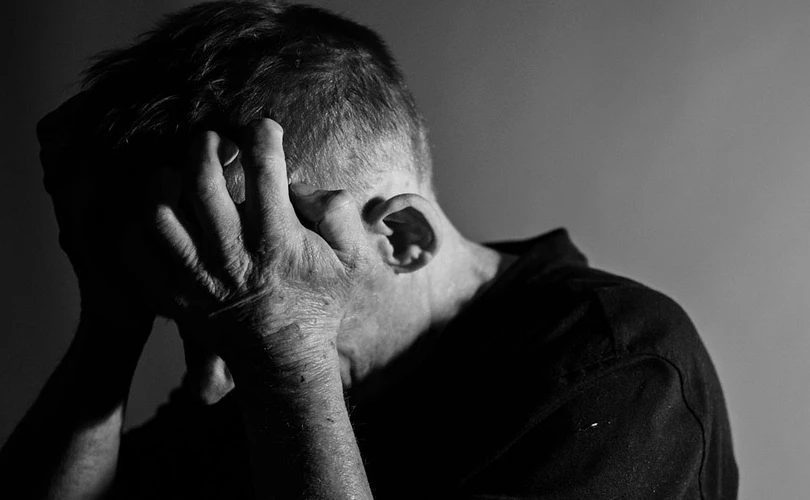When someone dumps all of their horrific experiences on another person, usually without warning or regard for the other person’s emotional state, it’s known as a trauma dump. In addition to potentially harming the dumping person, this may be overwhelming and distressing for the listener.
There are several explanations for trauma dumpers. They might need to talk about what happened because they’re feeling overwhelmed, but they might not know how to do so healthily.
They could also be looking to the listener for approval or encouragement. They can also be attempting to avoid handling their experience on their own.
Both the one dumping the trauma and the person listening may suffer adverse effects from trauma dumping. Reliving their experiences might be traumatic for the individual conducting the dumping. Additionally, it could be challenging for individuals to get past their trauma and absorb it.
Hearing about someone else’s trauma can be distressing and upsetting for the listener. It may also give them the impression that they should support the person dumping, even if it is not their duty.
Action Plan or Strategy
There are a few things you can do if you think that you or someone you know is trauma dumping. It is crucial to first speak with the person about what they are doing. Tell them their actions are dangerous, and you find it uncomfortable to hear them rehash their tragedy. You could also advise them to get expert assistance in addressing their trauma.
You might need to establish limits if the other person refuses to alter their conduct. This might entail cutting off communication with them or not giving them any attention when they begin to vent about their trauma. It’s critical to look after your personal needs and safeguard your mental health.
There are a few things you may do if you are having trouble dealing with trauma dumping. First and foremost, you should discuss the situation with a trusted person. This may be a friend, relative, or therapist. Support groups are also available for those who have experienced traumatization.
It would help if you looked after yourself. This involves exercising, eating a balanced diet, and getting adequate sleep. Additionally, it would help if you abstained from drugs and alcohol, as these might make it harder to deal with trauma.
Although trauma dumping might be a challenging experience, it’s crucial to realize that you’re not experiencing this alone. It is possible for someone to assist you.
